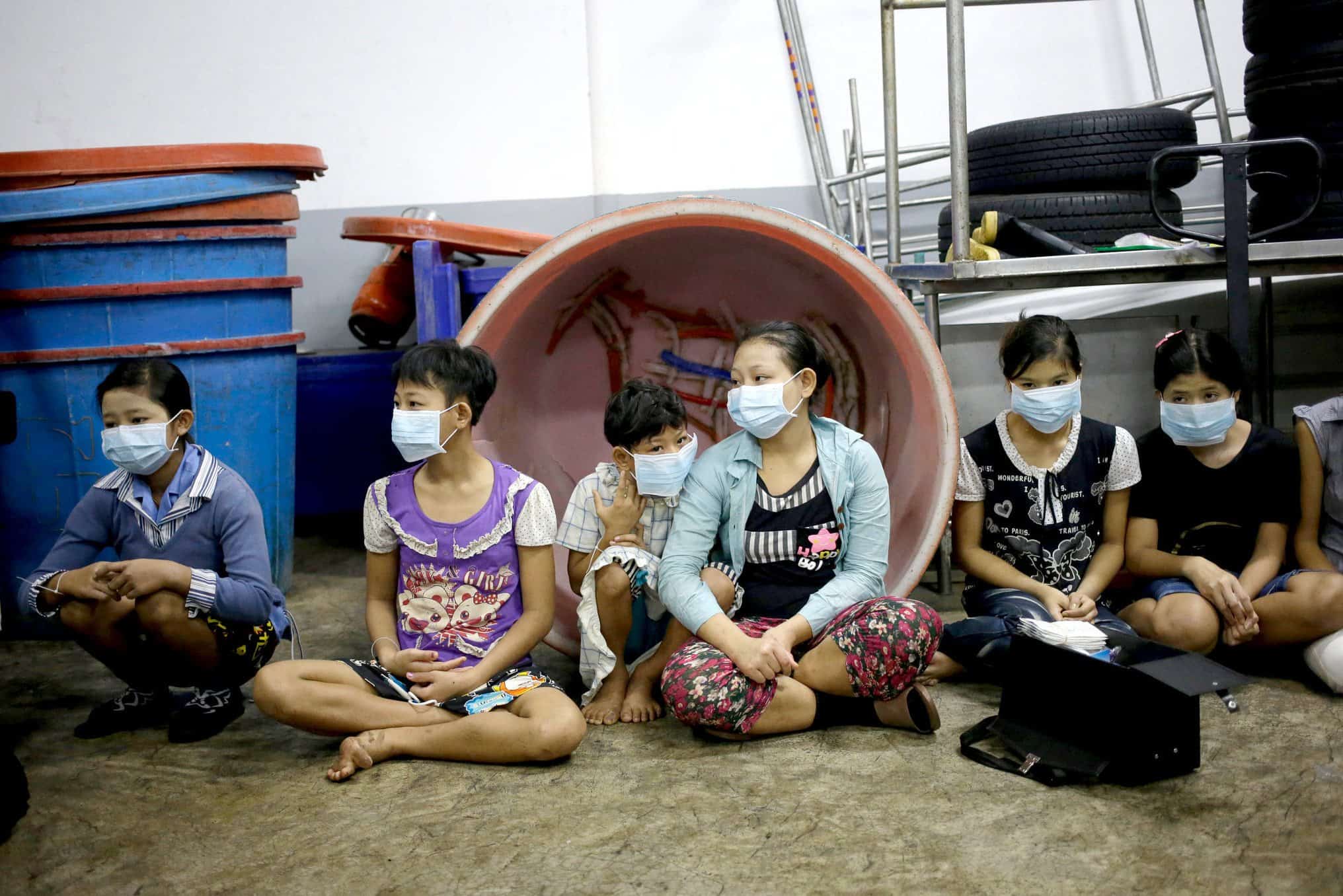Blood and Earth, a new book by Kevin Bales, is about bringing modern slavery to an end and the impact it will have on the health of our planet…
His book contends that ending “modern slavery” could make a big difference in the health of our planet. He says, “If slavery were a country, it would have the third-largest CO2 emissions on the planet.”
Often, environmental destruction denies people traditional livelihoods, opening them to exploitation. And some of the most destructive industries on the planet use unfree labor: illegal tropical logging, wildcat mining for gold and other minerals, reckless fishing that destroys precious coastal mangrove forests and brickmaking with kilns that release powerful greenhouse gases. So, Bales argues, “It is precisely the role slaves play in this ecological catastrophe that opens a new solution”: Free the slaves and save the planet.
With naked guesswork, Bales ascribes 40 percent of global deforestation to slave labor. He then assumes that if modern slavery disappeared, this deforestation and other environmental destruction now done by unfree workers would also end.







Freedom United is interested in hearing from our community and welcomes relevant, informed comments, advice, and insights that advance the conversation around our campaigns and advocacy. We value inclusivity and respect within our community. To be approved, your comments should be civil.